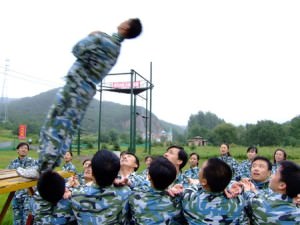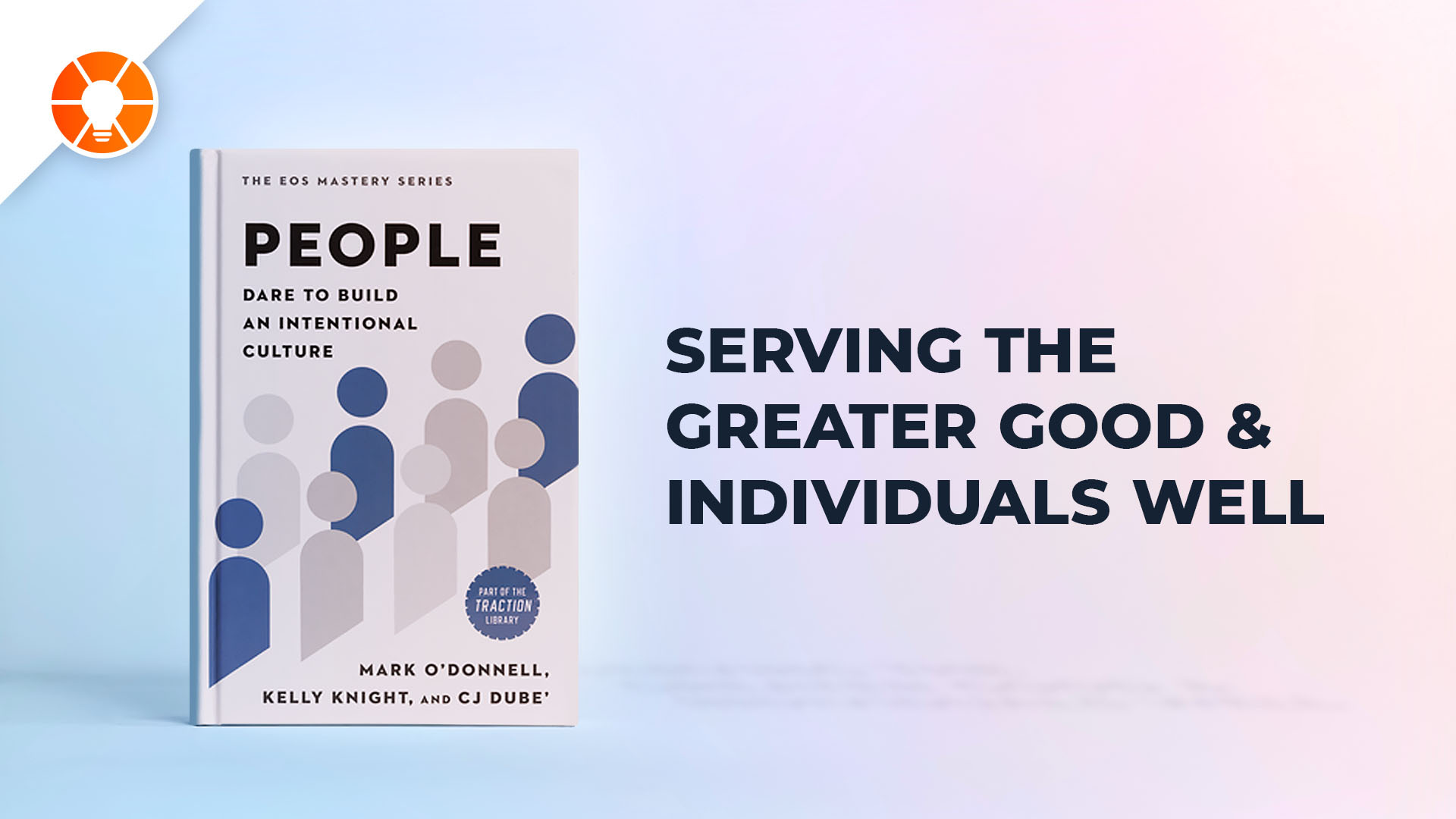 Simply put, trust can accelerate or destroy any business or relationship.
Simply put, trust can accelerate or destroy any business or relationship.
When people prioritize building trust they enjoy better relationships, reputations, employee engagement, retention, revenue and results! When there is lack of trust, everything takes longer and costs more. Trust me on this!!
Not just a soft, social virtue, trust gets at the core of a company’s performance – it affects the bottom line. Leaders who think their only job is to make money are just missing one of the greatest advantages in business today. In fact, a Watson Wyatt study shows high-trust organizations outperform low-trust organizations in total return to shareholders by 286%!
Building Trust Is Foundational to Our EOS Clients
In establishing a vision that’s shared by all, getting the right people in the right seats, and creating a scorecard that does away with does away with subjectives, personalities and egos — we help clients create a transparent organization, where obstacles stand out, issues get resolved, processes are documented and followed by all, and the organization gains traction on achieving its vision.
In fact, Patrick Lencioni’s “trust pyramid” is used in 100s of our EOS companies today! Taken from 5 Dysfunctions of a Team, Lencioni places trust as the foundation of teamwork and organizational performance.
Here Are 7 Dividends That Your Business Can Enjoy With the “Trust Edge”:
- Increased value. A Watson Wyatt study (above) shows high-trust organizations outperform low-trust organizations in total return to shareholders by 286%.
- Better execution. Productivity and quality improve with higher levels of trust.
- Greater innovation. Creativity thrives in a culture of high trust – resulting in more opportunity, revenue growth and market share. Without trust, no one is willing to take the risks that innovation requires.
- Stronger partnerships. A Warwick Business School study shows that partnerships based on trust experience an increase of 40% above the original contract.
- Improved morale. Collaboration and teamwork improves, boosting retention.
- Increased loyalty. Employees, customers, suppliers, distributors and investors stay longer.
- Accelerated growth. Customers buy more, refer more, stay longer and buy more often. These companies outperform with less cost.
With his book, Speed of Trust, Steven M.R. Covey shows the ability to establish and extend trust with all stakeholders — customers, business partners, investors, and co-workers — is the key currency of business growth.
Covey also shows how trust can be destroyed at an incredible speed through hierarchy, bureaucracy, politics, disengagement, employee turnover, customer churn and fraud. When levels of trust diminish, organizations experience these common “trust taxes” — lower productivity, lack of innovation, poor engagement, reduced retention, inability to recruit top talent, diminished revenue and profit.
Building Trust Is the Result of Consistent, Positive Practices Over Time
Here are 9 timeless suggestions:
- Do what you say you’re going to do. Trust happens when words and commitments are equal to actions and delivery. Great leaders build trust by holding themselves accountable, then holding others accountable.
- Be consistent. People love to see the little things done consistently.
- Improve continuously. People have confidence in those who stay current, relevant and capable – and deliver results.
- Listen first. Listening before advising builds trust. When people feel heard, there is improved commitment and better results.
- Be direct. People trust clear communications and mistrust the ambiguous.
- Be caring. People put their faith in those who care beyond themselves.
- Do the right thing. We trust those who live with honesty and integrity. People value others with character, who do what is right over what is easy. People notice others who choose long-term relationships over short-term success.
- Demonstrate vulnerability. Admit to bad decisions. Be transparent, authentic and willing to share mistakes. When we show vulnerability, we radiate trust – conflict is resolved more effectively, and we enjoy improved accountability, commitment and results!
- Become a coach. Guide people, help them be better, and you will earn their trust.
To build trust in your organization, put on your “trust glasses” and ask yourself the following questions:
- How does trust affect you or your company?
- How much does lack of trust costs your organization? (Consider relationships, loyalty, retention and influence.)
- How can you inspire trust in your organization?
Make trust your #1 priority in all aspects of your business and enjoy the great advantage of having the “trust edge.” Your courage to take action and become trustworthy will be the invitation for others to follow!
Next Steps:
- Ready to get started with EOS? Schedule a free 90-minute meeting with an EOS Implementer.
- Check the strength of your company with the EOS Organizational Checkup.
- Share this post via Twitter, LinkedIn or email!





